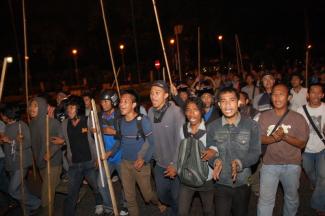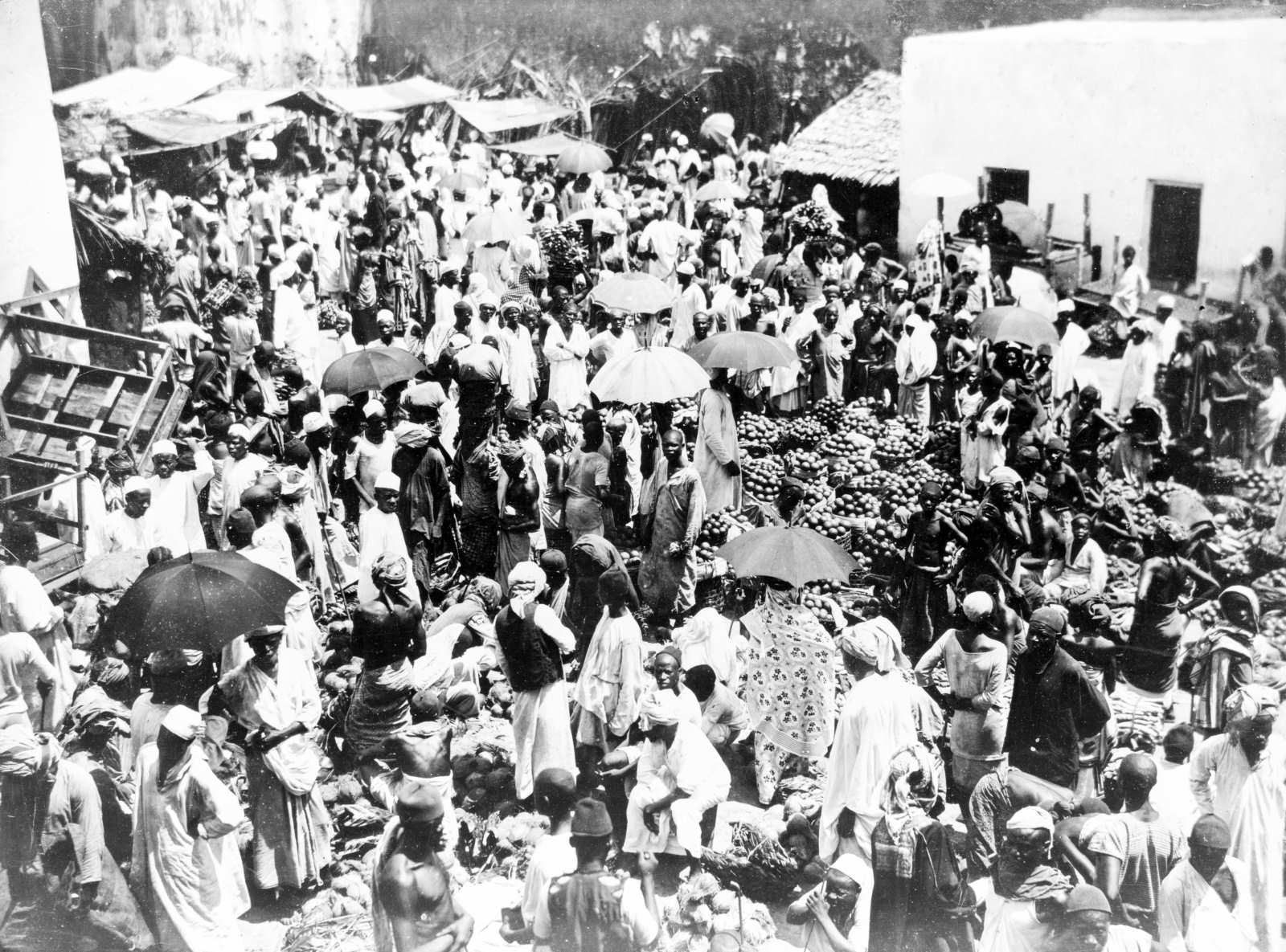Books
Confronting a trauma

It was a tumultuous time for Indonesia. In 1998, when General Suharto was overthrown and his dictatorial “New Order” collapsed, many issues that had been suppressed started to come to light. This is evident in Ayu Utami’s two novels Saman and Larung, both of which were published during the political transition. They cast a spotlight on many controversial topics: the terrorising of small Indonesian farmers by international companies, the underground agitation against it by Catholic priests, the sexual freedom embraced by a new generation of young women and the persecution and liquidation of political activists by the Suharto regime. The books convey a critical, detailed, warts-and-all portrait of the late 1990s.
Utami also addresses the issue of “1965”, which continues to occupy many writers even today. The father of her central character Larung is killed in the massacres that marked the beginning of the Suharto dictatorship: “They hauled up everyone they considered enemies – dead or alive, male and female, some with heads, others decapitated, sometimes just the heads – and threw them all into a hole in the ground.”
“Saman” has been available in German for a couple of years; the translation of “Larung” is new. The two novels move backward and forward in time and the stories are told from various perspectives. Hence Ayu Utami’s description of the books: “Stylistically, Saman and Larung are fairly chaotic and anarchic. I wrote them both at a time when the social conditions under which we lived were very restrictive. Life in Indonesia was very controlled in those days.”
Prose as a reminder
Since then, many details of the Suharto years have come to light. And more recent books have profited. Laksmi Pamuntjak’s novel The Question of Red is one example. It tells the story of Amba and Bhisma, who fall in love in 1965. The two are named after characters in the Indian epic Mahabharata and ultimately suffer the same fate as their mythological namesakes: they are separated from one another forever. Left-leaning Bhisma is arrested, interned and shipped to the notorious prison island Buru: “Amba, as I write, the stars are shining over my head. I could never have dreamt that I'd spend two whole years in Unit XVI Indrakarya, one of the twenty-two detention camps here.”
Laksmi Pamuntjak has written a heart-wrenching love story made even more poignant by its mythological associations. She has researched the historical and political background meticulously. People need to know what happened, Pamuntjak says, and literature is one way of getting the information across: “The more time that passes since 1965, the more prose needs to be written about it. Why prose? Because it is more fun reading stories than long historical accounts. For many people, prose is simply more accessible.”
An exile’s perspective
Leila Chudori's novel Pulang is certainly accessible. Drawing on real life, not mythology, it sheds light on the Suharto years from the perspective of exile's. The central character Dimas needs to flee the country after Suharto's coup and goes into exile in Paris. There, he opens an Indonesian restaurant together with other exiled persons. The novel thus contains lots of sensuous descriptions of Indonesian dishes.
Dimas will never be allowed to return to Indonesia. But in 1998, his daughter Lintang travels to Jakarta to make a documentary film. In her baggage is a list of names of former political prisoners and their families. Leila Chudori explains: “She planned to do interviews with them. At first glance, I saw lots of names of very well-known people but then also a number with no media profile. It was a balanced selection.”
She says she initially makes the fate of the exiled seem to be the core topic. “But the novel actually tells the story of the second generation – the young people who want to fight for a better Indonesia,” the author explains. “They are active in 1998 when Suharto is overthrown. That is the bridge I wanted to build – from 1965 to 1998.”
The Suharto era is still the great trauma that many Indonesian writers feel the need to address. And as the years go by, their books contain increasingly detailed information. Headway is being made in confronting the dictatorial past.
Other topics receive rather less literary attention, although they are also burning issues. Seno Gumira Ajidarma, for example, writes about the violent conflict in East Timor and Linda Christanty about Aceh Province in the grip of tsunamis and Islamism. The dominant topics on the new release book shelf, however, are the 1965 massacres and the ensuing Suharto dictatorship.
Katharina Borchardt is a literary reviewer.
euz.editor@fs-medien.de
Referenes:
Utami, A, 2005: Saman, Equinox Publishing Indonesia.
Utami, A: 2013: Larung, KPG (Indonesian version). Not available in English.
Pamuntjak, L, 2013: The Question of Red, Gramedia Pustaka Utama.
Chudori, L. 2012: Pulang, KPG. (Indonesian version). Not available in English yet.










